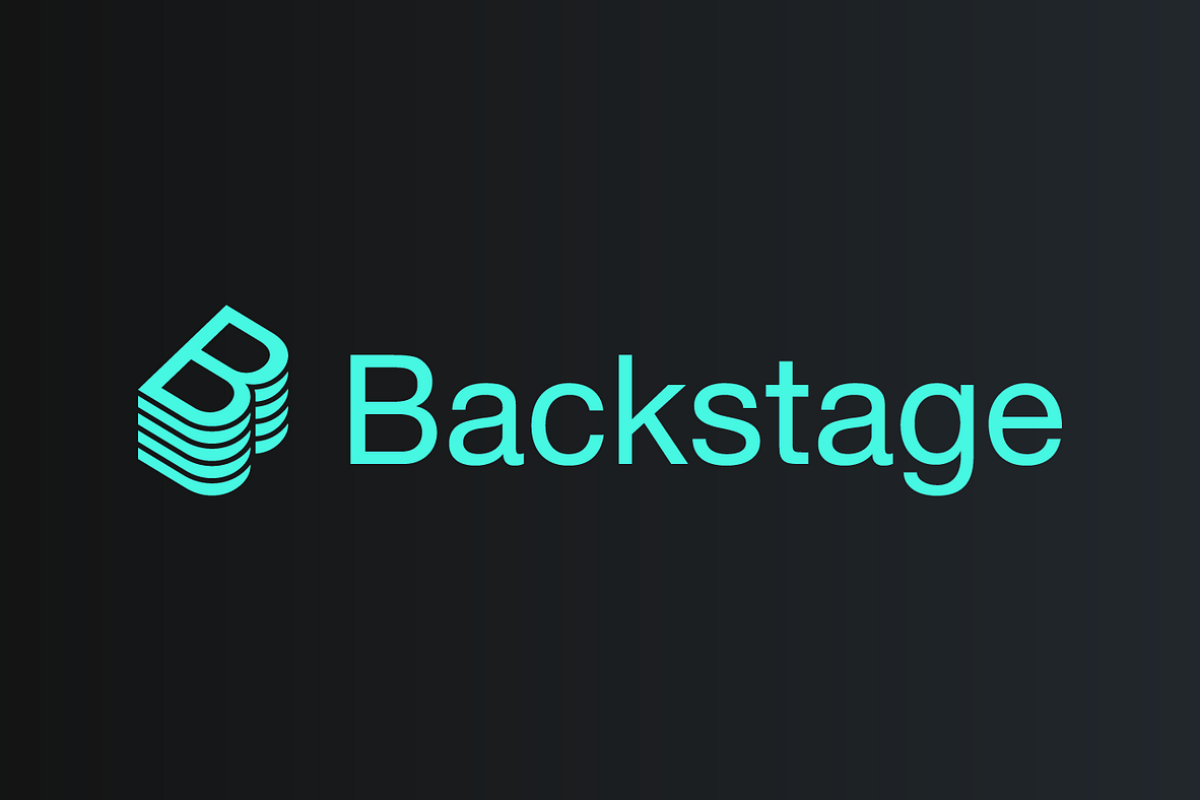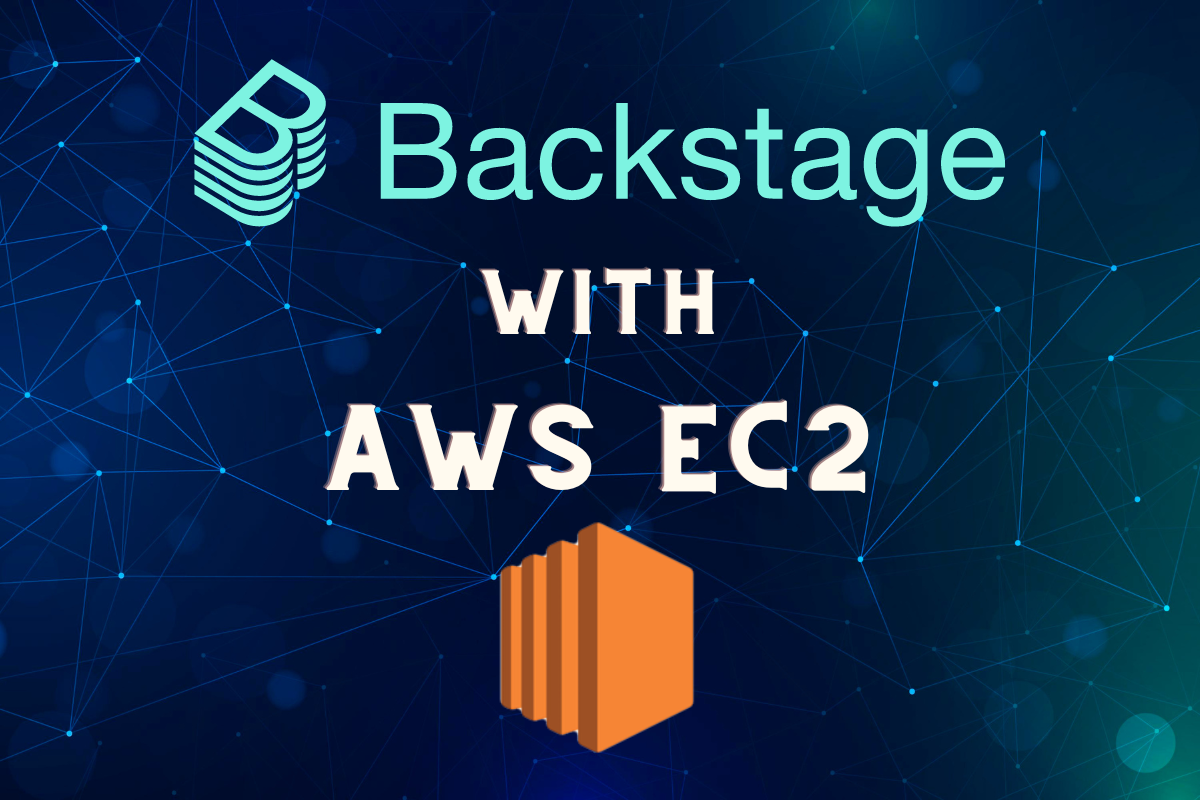Backstage: A Retrospective Look at Our Cultural Transformation
Introduction:
A year ago, we embarked on a journey to transform our development culture. We implemented Backstage.io, a platform designed to empower our developers and foster collaboration. Today, we take a retrospective look at our journey, reflecting on the cultural shift we’ve experienced and the lessons learned.
The Catalyst for Change:
Our development process was siloed and fragmented. Developers struggled to find information, collaborate effectively, and share best practices. This led to inefficiencies, duplicated efforts, and frustration. We needed a change, a way to break down these silos and foster a more open, collaborative culture.
Enter Backstage:
We chose Backstage for its open-source nature, its flexibility, and its ability to integrate with our existing tooling. Backstage provided a central platform for all things development, including:
- Catalog of services: Developers could easily discover and access available services, documentation, and APIs.
- Component library: Reusable components were readily available, promoting consistency and efficiency.
- Workflow automation: Repetitive tasks were automated, freeing up developers’ time for more creative work.
- Metrics and dashboards: Real-time insights into development activity helped us make data-driven decisions.
Beyond Technology:
Implementing Backstage was more than just introducing a new tool. It was about changing our mindset and embracing a new way of working. We:
- Empowered developers: Developers were given ownership of their projects and encouraged to contribute to the platform.
- Encouraged collaboration: Cross-functional teams worked together more closely, leading to better solutions.
- Promoted transparency: Information was readily available, fostering trust and understanding.
- Built a community: Developers felt connected and supported, creating a strong sense of belonging.
Challenges and Lessons Learned:
Transitioning to a new platform wasn’t without its challenges. We encountered:
- Resistance to change: Some developers were hesitant to adopt new practices.
- Integration complexities: Integrating Backstage with our existing systems required effort and planning.
- Continuous improvement: The platform required ongoing maintenance and customization.
Despite these challenges, we persevered. We learned valuable lessons:
- Change management is crucial: We needed a clear vision, effective communication, and ongoing support to drive adoption.
- Start small and iterate: A phased approach helped us manage complexity and adapt to feedback.
- Community is key: Fostering a collaborative environment and encouraging feedback was essential for success.
A Cultural Transformation:
Today, we can confidently say that Backstage has been a catalyst for a cultural transformation within our organization. We have:
- Increased developer productivity: Developers can focus on their work and spend less time searching for information.
- Improved collaboration: Teams work together more effectively, leading to better outcomes.
- Enhanced transparency: Information is readily available, promoting trust and accountability.
- Built a stronger development community: Developers feel connected and supported, fostering a vibrant culture.
Conclusion:
Our journey with Backstage has been a rewarding one. We have transformed our development culture, empowered our developers, and fostered a strong sense of community. While there were challenges along the way, the lessons learned will continue to guide us as we continue to evolve our platform and our culture. We encourage other organizations to embark on their own cultural transformation journey and experience the benefits of embracing change.








